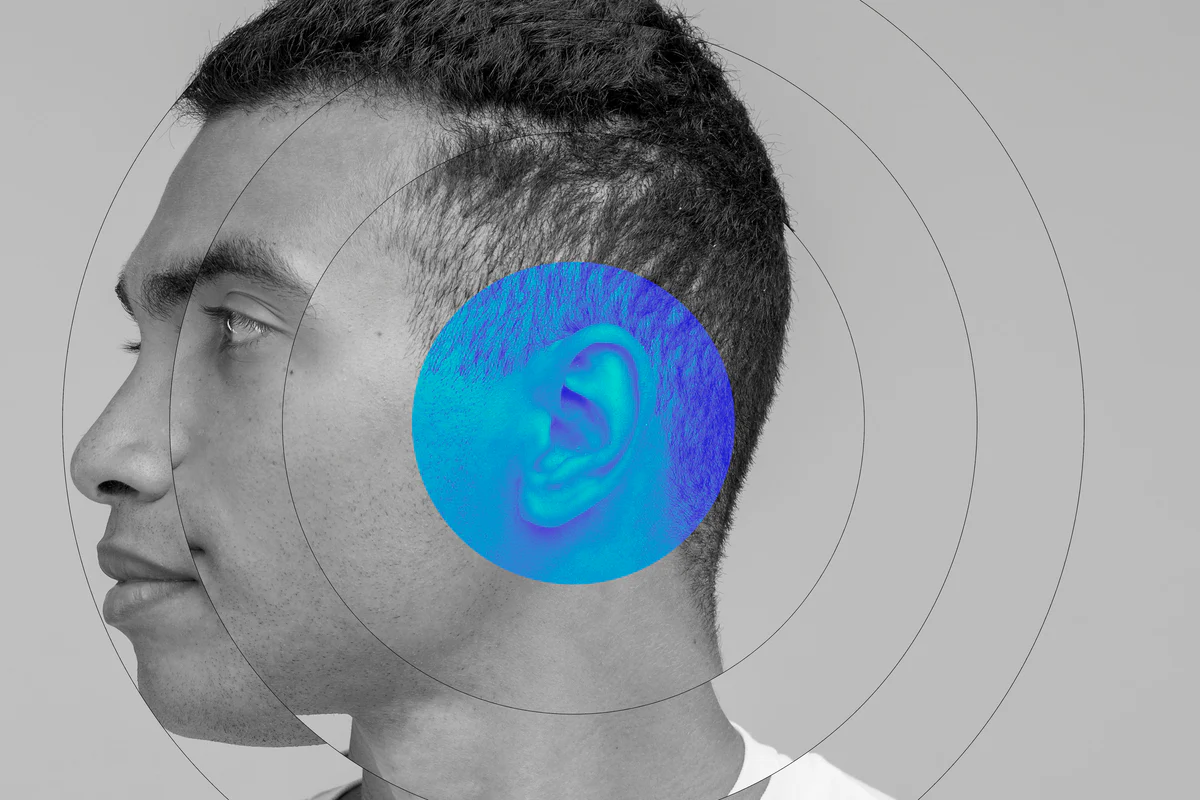Blog Post

Bluetooth Hearing Aids vs. Bluetooth Earbuds: What's the Difference? And What Should You Consider ?
As Bluetooth technology has become more widespread, people of all ages now use wireless earbuds, whether it's for music, calls, or videos. While Bluetooth earbuds like AirPods have seen prices drop, Bluetooth hearing aids have remained more expensive. This raises a common question: what's the difference between Bluetooth hearing aids and Bluetooth earbuds, and why are hearing aids still priced higher? Here's a comparison and what you should consider when choosing a hearing aid machine.
Difference Between Traditional Hearing Aids and Bluetooth Hearing Aids
Bluetooth hearing aids provide more advanced features and connectivity than traditional hearing aids, which focus on basic sound amplification. Let’s break down the key differences.
1. Connectivity and Functionality
-
Regular Hearing Aids:
These devices focus on amplifying sounds to help with hearing loss but lack the ability to connect wirelessly to other devices like smartphones, TVs, or computers. You might need extra accessories to connect them to external devices. -
Bluetooth Hearing Aids:
Bluetooth hearing aids, such as the Olive Air Hearing Aid, allow you to connect directly to smartphones, TVs, and other devices wirelessly. You can stream phone calls, music, and other audio directly to your ear hearing aid. This makes them a great choice for anyone who enjoys media streaming or needs easy call access without juggling multiple devices.
2. Usability and Convenience
-
Regular Hearing Aids:
These are simple and easy to use, ideal for elderly users or those who prefer a more straightforward device. There’s no need to set up complicated connections or deal with apps. -
Bluetooth Hearing Aids:
These offer more advanced features and are great for users who are comfortable with technology. Settings can be adjusted through smartphones, offering more control and customization. While this requires a bit more setup, it gives you the flexibility to tailor the device to your specific needs.
3. Price
-
Regular Hearing Aids:
Typically more affordable hearing aids, especially when you're searching for best hearing aids for sale. With simpler functions, they tend to have lower upfront costs and reduced maintenance fees. -
Bluetooth Hearing Aids:
Wireless hearing aids generally have a higher price due to their advanced features. However, Olive Air stands out by offering one of the most affordable options for wireless rechargeable hearing aids without compromising on quality.
4. Battery Life
-
Regular Hearing Aids:
They usually have a longer battery life since they do not support wireless connections or streaming. -
Bluetooth Hearing Aids:
Streaming music or calls drains battery life faster, requiring frequent charging or battery replacement. Many models, like the Olive Air Hearing Aid, use Rechargeable Hearing Aids Technology to reduce the hassle of changing batteries.
5. Upgrade Potential
-
Regular Hearing Aids:
These are limited in functionality and cannot be upgraded for additional features. -
Bluetooth Hearing Aids:
Software updates can improve performance or introduce new features. The Olive hearing aids offer ongoing updates, making them a good investment if you want best quality hearing aids with future expandability.
Who Should Choose Bluetooth Hearing Aids?
People with hearing loss who are already used to using wireless earbuds or who frequently stream media from their phones should consider Bluetooth hearing aids. Those who take calls often, such as professionals or delivery drivers, will also benefit from having one device that serves both as a hearing aid and a wireless earbud.
Why Are Bluetooth Hearing Aids More Expensive Than Earbuds?
- Complex Technology: Bluetooth earbuds only need to stream sound, but hearing aids must amplify specific sounds, such as speech, while minimizing background noise. This selective sound amplification requires advanced technology and complex circuits, which increases the cost. Bluetooth hearing aids like Olive Air combine both hearing amplification and streaming capabilities in one device.
- Limited Competition: While Bluetooth earbuds have many manufacturers competing to lower prices, the hearing aid market is more controlled by a few major players. These companies can charge high prices for advanced features, keeping prices higher than the average pair of earbuds.
Where Can You Buy Bluetooth Hearing Aids?
You can purchase Bluetooth hearing aids through prescriptions, but over-the-counter (OTC) hearing aids are available for those with mild to moderate hearing loss. Many of these OTC options, such as the Olive Union hearing aids, can be found online. While prescription devices can be quite costly, OTC options like the Olive Air offer a more affordable alternative.
What to Check When Buying Bluetooth Hearing Aids?
- Microphone Availability: Some models only stream sound but don’t include a microphone, making it impossible to take calls. If you frequently switch between streaming music and answering phone calls, ensure your hearing aid supports both streaming and calling functionalities. The Olive Air Wireless Rechargeable Hearing Aid includes a built-in microphone, ideal for seamless transitions between media and calls.
- Waterproof Features: If you're looking for waterproof hearing aids, check if the model you're considering has water resistance, especially if you lead an active lifestyle or need protection from sweat.
Why Choose Olive Air?
The Olive Air hearing aid is a highly rated over-the-counter option, offering features typically reserved for more expensive models. It comes with secure hooks, making it perfect for those who need a hearing aid that stays put during physical activity. With best Bluetooth hearing aids features, high output volume, and the ability to stream music and take calls, it satisfies both tech-savvy users and those seeking best hearing aids for seniors.
Conclusion
Choosing between Bluetooth hearing aids and regular hearing aids depends on your needs. If you enjoy streaming music, taking calls, and adjusting settings through an app, then investing in a Bluetooth hearing aid like the Olive Air is a smart choice. With features like rechargeable batteries, microphone integration, and app control, it offers the best of both worlds—functionality and affordability.
